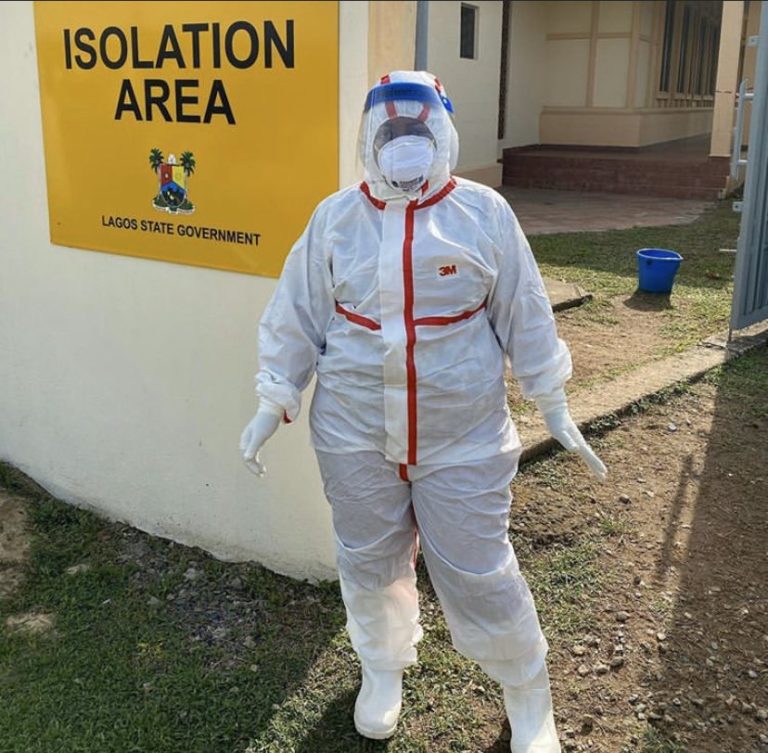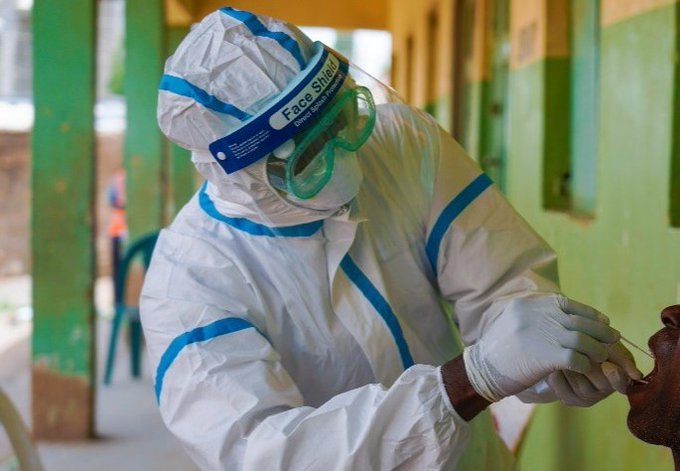

Nigeria has recorded 684 new cases of COVID-19, bringing the total number of infections in the country to 23, 298.
The Nigeria Centre for Disease Control (NCDC) announced this on Friday through its official Twitter handle.
NCDC said that the 684 new confirmed cases were from 19 states, with five deaths as at June 26.
The health agency said that no new state reported a case in the past 24 hours.
The NCDC said that Lagos reported the highest number of cases with 259 new cases followed by Oyo with 79 new infections.
READ ALSO: Nigeria records 594 fresh COVID-19 cases as total hits 22,614
Others were: Katsina-69, Delta-66, Rivers-46, Ogun-23, Edo-22, Osun-22, Ebonyi-21, FCT-20, Kaduna-16, Ondo-10, Imo-9, Abia-9, Gombe-5, Plateau-4, Bauchi-4, Ekiti-2 and Anambra-1.
The NCDC said that till date, 23, 298 cases had been confirmed, with 14, 491 active cases; 8,253 treated and discharged cases; 125, 090 samples collected, and 554 deaths recorded in 35 states and the Federal Capital Territory.
Nigeria has seen a significant increase in testing capacity recently.
This is a huge departure from the past where only 256 tests could be conducted in the first 30 days .
The number of Polymerase Chain Reaction (PCR) laboratories has increased from four to 38 in about 110 days.
This was made possible by the NCDC.
The health agency urged Nigerians to adhere to public health measures to slow COVID19 spread.
It added that it recognised the need to pay closer attention to the elderly and those with underlying medical conditions as they were most vulnerable.
The NCDC said that the use of face shields without the facemask was not an effective way of preventing COVID-19 infection.
“Face shield is not a fashion accessory and must be combined with a mask to provide significant protection.
“The face shield protects only the face but face mask curbs the spread of respiratory droplets,” the body said.
The NCDC said that clothes masks are a convenient substitute to medical masks, but they should not be worn by individuals who are at a high risk for complications.
“Handle them properly to avoid the spread of COVID-19,” it said.